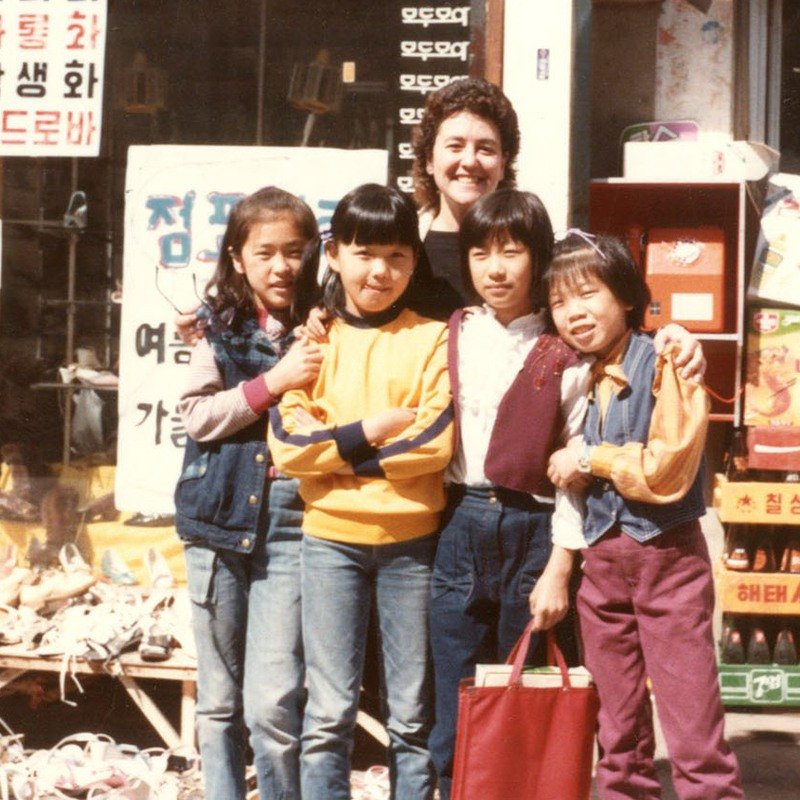Travel has been the fuel for much of my life. From the moment I first took off for Mexico as a teenager in 1967, I’ve defined myself by where I’ve been and where I’m going. My mind and soul are filled with memories of places, people, delights, disasters, and discoveries. And amidst the current coronavirus crisis, the memories of the places I’ve been continue to fuel and move me.
I have come to believe that while we see things and meet people as we travel, the true meaning of a journey reveals itself only over time.
Our cohort is accustomed to retrieving memories. Many of us have been doing this for a long time, consciously or not. And since we cannot travel at the moment, this may well be the time to delve into our memories to consider how our past journeys have affected us and made us who we are today.
Gathering Memories From A Lifetime Of Travel
My own passion for travel began long before my first trip. When I was growing up in the 1950s and early ’60s, I loved to read. I was fascinated by countries I considered “exotic” (definitely meat for a kid living in a small town on the outskirts of Newark, New Jersey). I daydreamed about Tibet and Machu Picchu (both of which I would eventually reach). I began to travel on my own as soon as I had saved up the money.
Some journeys were more memorable than others, but I clearly remember all of them. I wandered through South America on my own in my 20s, hitchhiked through Europe in the 1970s, and traveled solo to India and throughout Southeast and East Asia. A few years ago, I began to return to places I had already been to see them anew and to understand not only how they have changed, but how I have changed.
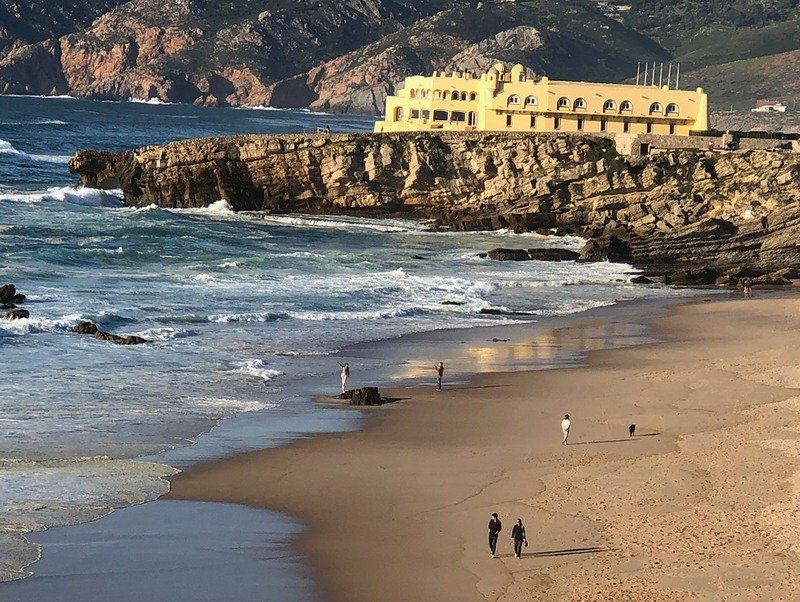
Exercising The Memory When Travel Is On Hold
What is a traveler to do with an unabated desire to see as much of the world as possible when borders are closed and travel plans are canceled? For most of my life, travel has meant experiencing the world. But these days, travel can only happen in the realm of memory.
Our brains are wired to experience something called episodic memory. Episodic memory, first named by Estonian experimental psychologist Endel Tulving in 1972, is what a person recalls about a specific event, and that recollection may be different from another person’s recollection of the same event.
According to Andrew E. Budson, M.D., professor of neurology at Boston University School of Medicine and lecturer in neurology at Harvard Medical School, episodic memory allows you to mentally travel back in time to a life episode and to relive it in vivid detail.
The concept of episodic memory is similar to what I call traveling using my mind. In the past, I could easily summon up a place, a smell, or a feeling on demand. Seeing a tree in the park would make me think of another tree in the Himalayas or in Spain or Bali. And while I often forget my neighbor’s name or the movie I saw last week, I never fail to dive into my memory bank to retrieve a person or place from my travels.
Our emotional response to travel plays a role in retrieving episodic memories. Lutz Jancke, professor of neuropsychology at the University of Zurich, agrees. His survey, which was funded by Swiss International Air Lines, demonstrated that travel memories differ from other memories.
“We often retain travel memories all our lives, since they are often associated with very positive emotions,” said Jancke. “Travel and our travel memories have the power to shape our personality. We are what we remember, or, more precisely — we are what we remember about ourselves.”
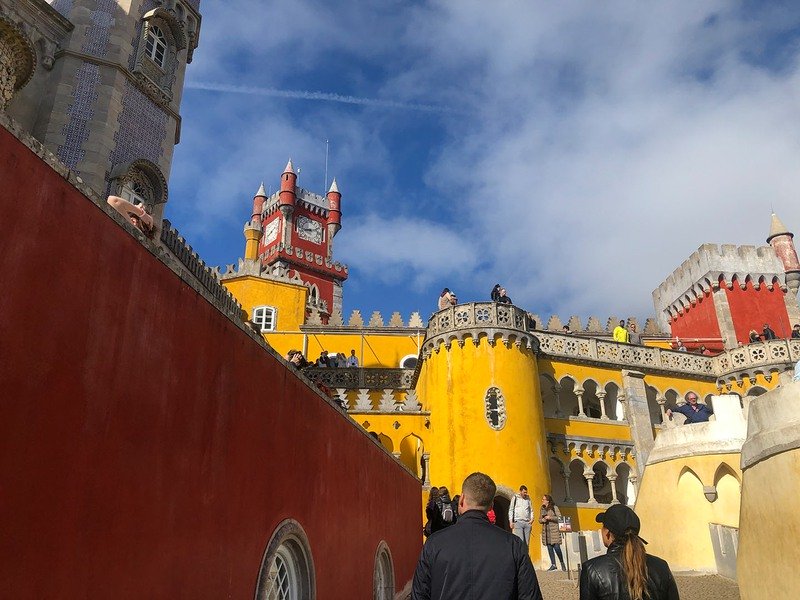
Writing About Past Travels To Keep The Memories Alive
While I kept diaries during my early travels, I rarely wrote about what I experienced on later trips. A sea change came last year when I began to blog and write articles about past travels. While some of my recent writing has focused on particular places I have visited — like the best hot dog stand in Reykjavik, Iceland, or the brisk morning air on a tea plantation in Munnar, India — most of my blogs and articles are about making sense of and finding meaning in places I haven’t been to in decades. A great way to remember past travels is to write about them and include photos with your account.
What will I remember about the trip to Portugal I took last month? I’ll especially remember what I wrote about it; the photographs of Sintra, Cascais, and Lisbon and my continued communications with those who were with me there will also help.
I will also remember the waterfall in Iceland I saw last October; the photographs I took of it will bring back the memory of standing so near it that I was bathed in cool droplets of water.
I will remember Sa Mesquida Beach on the island of Menorca because it is where I returned last year after 40 years to revisit the house of a dear, departed friend. The fact that I shared the journey with my daughter and that I took photographs will further embed these memories in my soul.
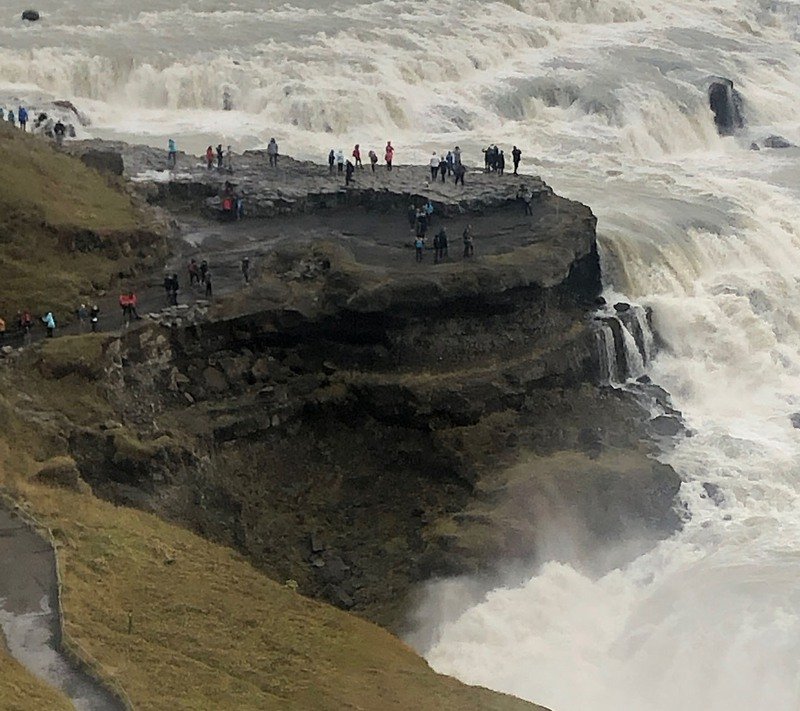
Tips For Preserving Travel Memories
Here are some great ways to keep your travel memories intact.
Practice Remembering
Being mindful of what you see, hear, smell, and feel will help anchor specific memories for the future.
Keep Track
Now is a good time to organize the boxes of photographs in your closet and to look at your photos, letters, and digital reminiscences.
Start A Diary Or Memoir
Transcribe your travel moments as best you can. Don’t worry about being factually correct; writing is a creative exercise.
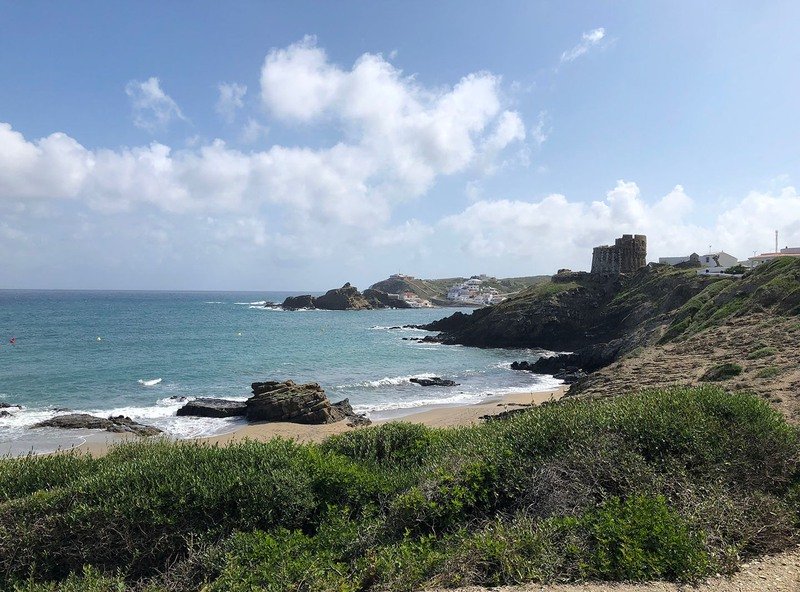
Decide On A Goal
You may want to pass your memories on to your children and grandchildren in the form of a scrapbook or a memoir about your life and travels. You can even self-publish your memoir.
Reconnect With Others
Use your memories as inspiration to get in touch with someone with whom you shared your travels or someone you met abroad.
Join An Online Travel Community
My 60+ solo travel group is starting to gather on the Zoom meeting app for live conversations. There are scores of other sites where you can chat with those who share your passion for travel, from World Nomads to the Solo Travel Society to BBC Travel to National Geographic Travel. Sharing stories, information, and tips about your favorite destinations will help keep your memories alive.
For more on online travel communities, see this piece.
Even when you are able to return to traveling, these exercises in noting, sharing, and retrieving memories will help you experience more meaningful travel in the future. Remember and hold fast to the joys of exploration. After all, travel can change and inspire us. And we don’t have to be on the road to appreciate and remember the beauties and glories that we’ve experienced.
Now is also the time to read about — or daydream about — the places you’ve always wanted to travel. Research flights, tours, attractions, and hotels for a virtual vacation, and get excited for the day when you can take off once again.
Source: Missing Travel? Take A Trip Down Memory Lane – TravelAwaits

